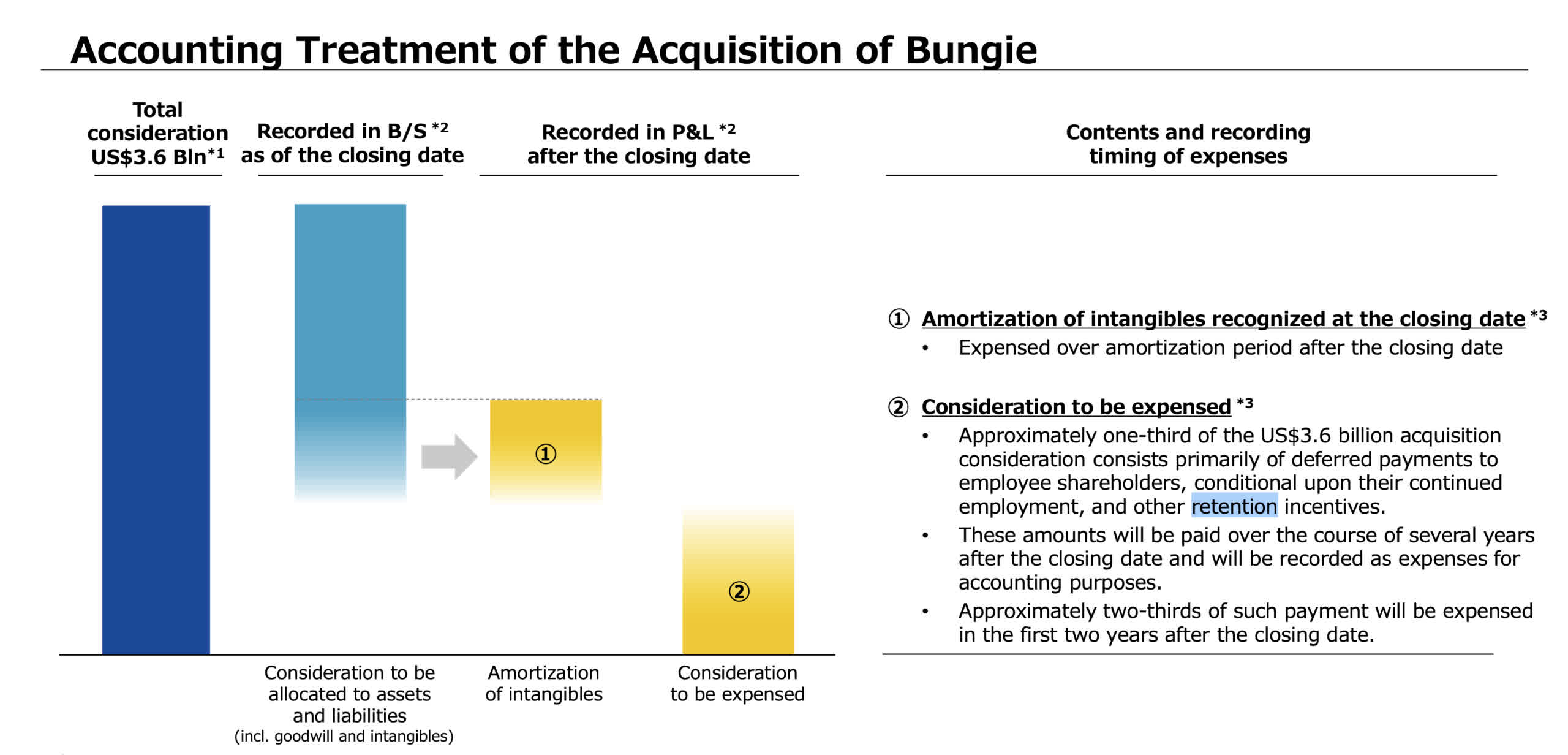In a nutshell: Just days ago, Sony announced it was picking up former Halo studio Bungie for a cool $3.6 billion. It seemed a somewhat high price to pay for a studio currently holding only one active franchise—Destiny 2. However, about one-third of that price is being spent on talent retention.
According to a recent earnings report, Sony earmarked $1.2 billion of the Bungie acquisition cost for an employee retention program.
“Approximately one-third of the US$3.6 billion acquisition consideration consists primarily of deferred payments to employee shareholders, conditional upon their continued employment, and other retention incentives,” reads one slide of yesterday’s presentation. “These amounts will be paid over the course of several years after the closing date and will be recorded as expenses for accounting purposes.”

Bungie currently employs around 900 developers. While Sony will stretch the incentives out over many years, it added that it would expense about two-thirds or $800 million during the first two years. That works out to about $67 million per month that Sony will give out in retention bonuses. Another $400 million would be stretched out for several years after that.
Attrition following corporate takeovers is expected. As new management comes in and changes things, some employees will not like how the new company operates and will look for work elsewhere. Sometimes the acquiring company intentionally cuts staff. In this case, Sony wants to keep experienced Destiny 2 developers around to continue creating content efficiently, but its plans for the studio go beyond the current favorite franchise.
During the presentation, Sony CFO Hiroki Totoki explained that Bungie has at least one other project in the works. He also said that Sony plans to use the expertise found in Bungie’s staff to help develop at least 10 live-service games by March 2026.

